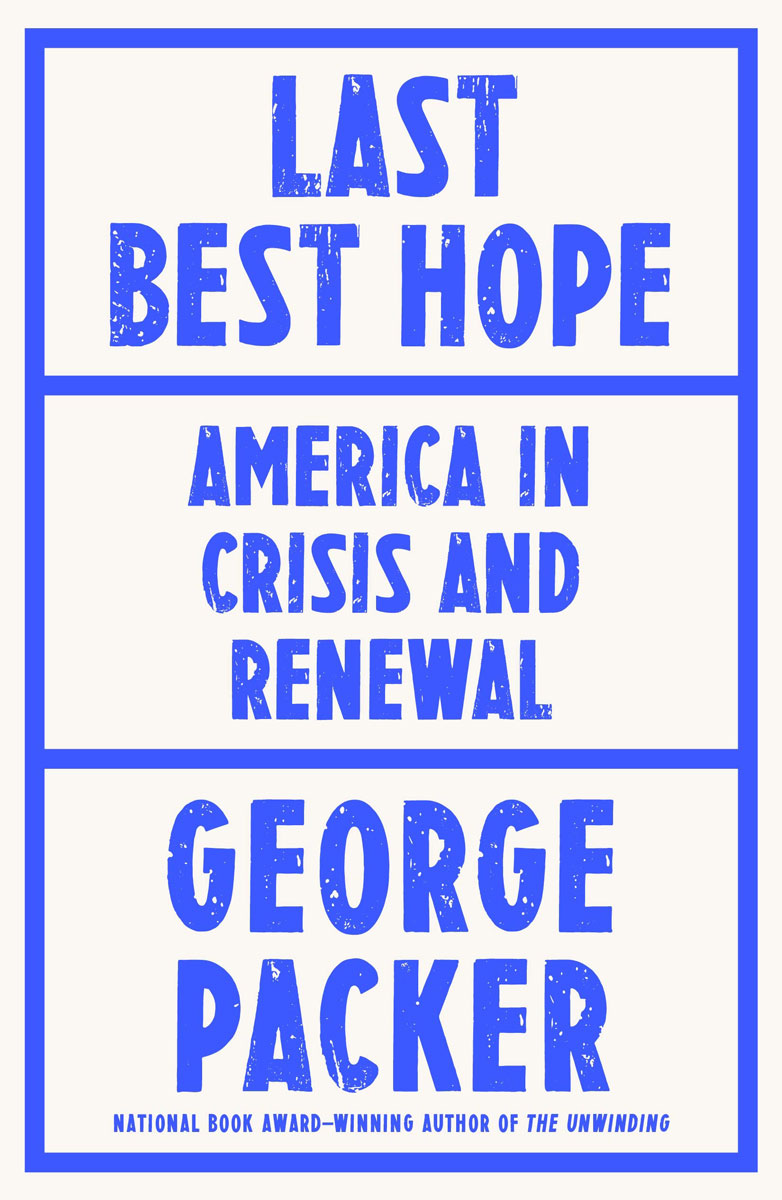In what could be a memorable score in NCAA history, the collegiate athletic system lost 9-0 against student-athletes. On June 21, the U.S. Supreme Court ruled that the collegiate athletic system had violated antitrust laws by restricting monetary and non-monetary resources to student-athletes, such as internships, work-study programs and school supplies. Justice Neil Gorsuch wrote the court’s opinion, concluding that an offer of education-related benefits could provide student-athletes some sort of compensation for the value they bring to the colleges or universities. Justice Brett Kavanaugh ripped into the NCAA’s model as if it were a case of Budweiser and he was a college kid again, saying that the NCAA currently generates billions of dollars but not a cent goes to the students. “The NCAA’s business model would be flatly illegal in almost any other industry in America,” he writes. While discussing the importance of college athletics to the U.S.’s social fabric, Kavanaugh gave a shout out to the track and field meets in Eugene. We hope Duck student-athletes get their fair share from Uncle Phil.
• Vaccination rates for COVID-19 in Oregon have remained stubbornly sluggish. We are about 50,000 below the 70-percent threshold Gov. Kate Brown has pegged to fully reopen the state. The virus is still running strong, too, as are more contagious variants like the Delta variant, and as restrictions start to lift, the unvaccinated risk not only their health, but the health of relatives and close friends. Vaccines are a critical tool to keeping the virus at bay, so we urge you to get the jab. It’s worth it.
• Speaking of COVID-19 and vaccinations, Eugene Weekly’s front office is open again to the public, for the first time in a year and a half, during our normal business hours 9 am to 5 pm, Monday through Friday. We will be closed Monday July 5, in observance of the July 4 holiday. All visitors to the office are required to wear a mask upon entry, regardless of vaccination status. We are happy to provide a paper mask for those who need one.
• The late Derrick Bell was dean of the University of Oregon School of Law from 1980 to ’85, leaving Eugene to return to Harvard Law School where he was the first tenured African American professor. Now he is in the national news as a hero to Americans like us, and a villain to others for his role as one of the main thinkers behind Critical Race Theory. It seems unlikely that his critics, other than academicians, have any idea what this theory is. The American Bar Association describes it as, “a practice of interrogating the role of race and racism in society that emerged in the legal academy and spread to other fields of scholarship.” The best avenues for understanding it are two of Bell’s ten books: Faces at the Bottom of the Well and The Derrick Bell Reader. Most of the Americans demonizing Bell don’t want their children learning anything about race or racism. Alas.
• “What’s Being Done About Elder Abuse” is the topic for the City Club of Eugene program at noon, Friday June 25. Speakers are: Geoff Clark, Lane County Adult Protective Services; Brenton Gicker, RN with CAHOOTS (and periodic EW freelancer); and Chief Bob Morris, Junction City Police. Still virtual, this program will air on the City Club Facebook and YouTube pages.
• What we will soon be reading: Last Best Hope, America in Crisis and Renewal by George Packer. One of our favorite readers strongly recommends this one diving into the crises facing the post-Trump U.S. The New York Times June 20 book review section gave it an in-depth review paired with Jonathan Rauch’s The Constitution Of Knowledge: A Defense of Truth. NYT says the writers “are here to defend the liberalism of the Enlightenment — equality and scientific rationality in an unapologetically Western-tradition sense. They see this belief system as the country’s great and unifying strength, and they’re worried about its future.”
